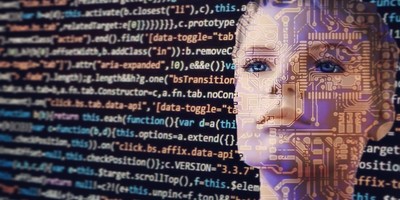When algorithms decide in our place: the challenges of artificial intelligence in Switzerland

Today, robots are contributing work in areas that were previously reserved for humans. They already perform many routine tasks in industrial plants or logistics, and will soon be able to take on more complex tasks. What are the consequences for the job market, our daily lives and the role that humans play in our world?
Robotics stands for the development and control of robots, that is, machines designed to support people in performing various tasks. Progress in the fields of digitalisation and "artificial intelligence" are essential elements of this rapid development. Robotics encompasses many things: from industrial manufacturing robots to self-driving cars that collect and transmit data about our mobility behavior on the side. Or take the social robot, designed to help us in the household with the additional benefit that we can even have a simple conversation with a machine.
A central concept of robotics is autonomy: From autonomous cars to autonomous drones and care robots – by using sensors and advanced control technology based on machine learning, robots today can react to situations and act accordingly. What does this mean for human autonomy?
Are we facing a future in which a household robot will serve our breakfast, we call our car via voice control and let ourselves be driven to work just to monitor other robots there? In hospitals and nursing homes, robots are already preparing medication or supporting nursing activities. Through their abilities, they can also contribute to the inclusion of people with disabilities.
The automation in production chains, also known as industry 4.0, is also progressing rapidly. In the manufacturing industries, for example, machines, transport infrastructure and customers communicate with each other in order to automate complete production processes. However, advances in machine learning do not only make robots more efficient in performing mechanical activities. This growing “flexibility of the machine” makes it increasingly difficult to draw the line between robotics and artificial intelligence. A good example for this blurring of lines is the media sector: Algorithms analyze thousands and thousands of messages every day and recommend to editors which topics are in demand. They even independently compose corresponding messages as text robots. What effects does this have on our freedom of expression and media diversity?
The rapid development of robotics opens up enormous social and economic potential. But it also presents us with enormous challenges and requires new regulations. The preservation of human autonomy is probably the greatest ethical challenge of all. How can we design advanced robot systems in such a way that they expand, not restrict, human creativity and freedom? Technology assessment looks at how society can benefit from these potentials and how they can be distributed fairly.